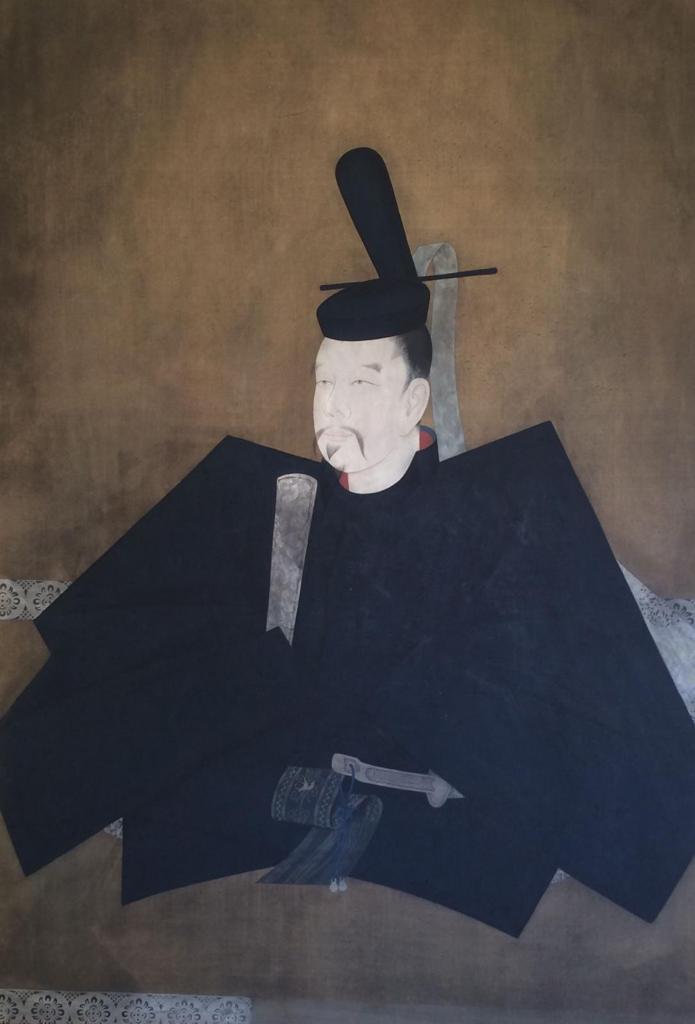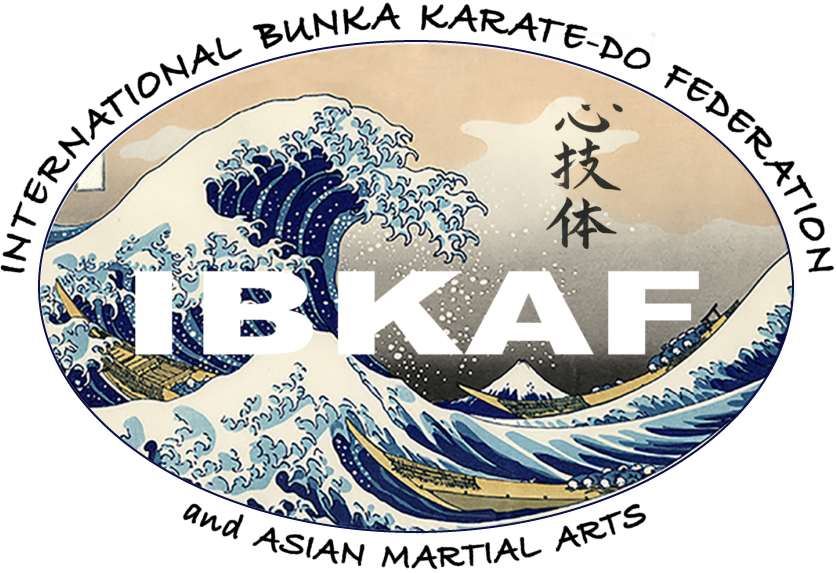
The International Bunka Karate-do Federation and Asian martial arts, IBKAF, is an international federation for the practice of KARATE-DO and ASIAN MARTIAL ARTS, according to their original, then traditional, and even conventional objectives and values (personal defense, health, socio-cultural and educational aspects), but without disconnecting this practice from the major cultural factor stated in the above preamble, and, better still, by setting up this concept of “BUNKA” as a real axiom and fundamental principle of a martial practice.
To this end, the IBKAF was constituted on December 19, 2020 in Geneva, in the form of an association with a cultural and socio-cultural vocation.
It is governed by its statutes, and subsidiarily by articles 60 and following of the Swiss Civil Code.
It is registered in the commercial register of the State of Geneva under the number CH-660.1.462.021-3, and thereby identified and formalized in its vocation and specific goals.
Une vocation culturelle et socio-culturelle.
Although it expresses itself through a physical activity, IBKAF is not to be listed in the authorities and groups recommending or governing sport, and it does not have to count with the definitions and requirements related to it.
By its conception of the MARTIAL ART, different from that of the combat sports, in fact respectable, it forbids itself any form of competition praising the spirit of victory over others. As much as possible, it substitutes the search for harmony with any opponent, aggressor, opponent, partner, both in gestures and in thoughts and intentions.
It therefore refuses to participate or to be associated with any gathering, tournament or meeting involving a “duel-combat”, a conquest, a pseudo superiority, even for a moment, or valorizing sports performances. In the event of an unavoidable and radical confrontation, it advocates “not losing”, instead of “winning, or even defeating at all costs”.
IBKAF is open to anyone who shares its definitions and objectives, and is committed to following and serving them, regardless of gender, age, religion or other identity characteristics. It claims the learning and the exercise, under various aspects, of a true ART OF LIVING, of a WELL LIVING, of a BETTER LIVING, but also wants to be a vector of the acquisition of a real KNOWLEDGE OF LIVING, and bearer of an education in LIVING TOGETHER.
This ART OF LIVING, although marked by martiality, wants above all to be an ART OF PEACE.
According to the traditions which IBKAF recommends, primarily linked to the practices and the first and original objectives of the Arts with martial character which concern it, and its reports today attested with the “martial dances” of Okinawa, the TAI CHI, and the other martial disciplines sometimes wrongly considered as essentially soft or “folkloric”, the physical performances and exchanges, the gestural dialogues, allowing pedagogy, acquisition and socio-cultural expression of the Art and its educational contents, relating to the body, the technique and the spirit (according to the essential triptych: SHIN, GI, TAI), are implemented, just as they are practiced and encouraged in other Arts naturally assimilated to culture (examples: various forms of dance or theater).
En quoi l’IBKAF est-elle originale et novatrice ?
The IBKAF is the only federation of ARTS regrouping Karate-Do (all Ryū, schools, styles), its original arts, its derivatives and other arts attested as complementary to the SINO-OKINAWAIAN and NIPPONNE MARTIAL TRADITION, recommending itself as a CULTURE* (BUNKA), whose statutes unambiguously attest to this orientation and have been deposited with official authorities in Switzerland. This specific and original identity, which is reinforced by the various rules of procedure, among others, guarantees the value, protects and makes opposable to third parties the titles SHOGO IBK and the evaluation of competence DAN IBK.
*in reference to the definitions given by UNESCO, and according to the fundamentally cultural and traditional triptychs governing our ARTS since time immemorial: GOSHIN-KENKO-BUNKA / SHIN-GI-TAI / SHU-HA-RI, and the behavioral and social rules in force, in their original crucible.
IBKAF strives to cultivate and apply these principles and values on a daily basis. It makes them the basis of its teaching and practice.
The methods and pedagogical principles used (MITORI KEIGO), the organization of the transmission and the regular exercise of the ART, which put the KATA Tao at the center of the practice, confirm this originality of the IBKAF. They allow us to free ourselves from Western models of physical preparation and teacher-teacher relationships, conditioned by the imprint of sports, which, after having supplanted in the West certain traditional methods specific to our Arts which ensured their perenniality and preserved their essence, Today, this trend has reached many countries in the East, including Asia, if only because of the organization of national, continental and world sports competitions, the socio-economic and political aspect of the race for medals and Olympism, and the evolution of morals that value “appearing” more than “being”.
Our federation could appear to have invented nothing, but it is by affirming its will to rely on what has made our ARTS and allowed them to exist through the centuries, instead of yielding to the needs and fashions of a moment, while combining TRADITION and MODERNITY and INDISPENSABLE ADAPTATIONS, with a declared CULTURAL and SOCIO-EDUCATIVE enlightenment, that it is ORIGINAL and NOVATORY.
It establishes, in front of the SPORTS KARATE, other than the KARATE-DO, another conception, a different exercise, and distinct objectives, to any person interested in our ARTS, thus offering a true alternative in terms of practice and thus choice of Dojo, stamped Official or Registered CLUBS-DOJOS IBKAF, and certified teachers CHIEF INSTRUCTOR IBKAF.
Let us note, in connection with the validity of the IBKAF, that TAI CHI, which is part of our federation, recognized as cultural, has been registered as intangible heritage of humanity by UNESCO. She also declared KARATE-DO, which is currently under consideration for inclusion in the said heritage (with which our federation is fully associated), and more generally KARATE, as “the best training for children and youth”.
